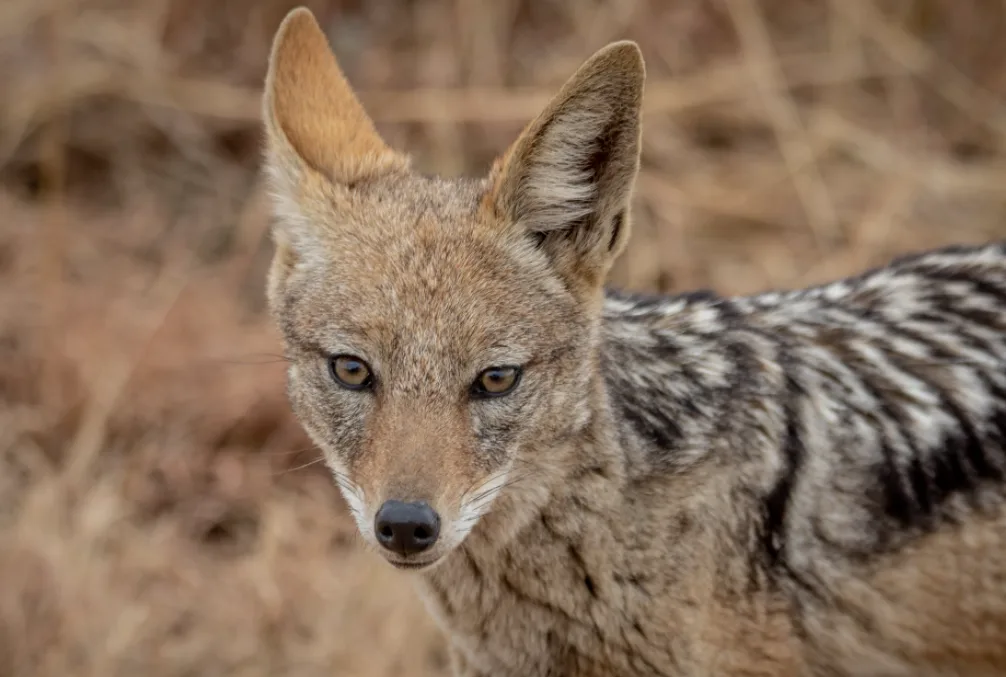
How to stay safe around coyotes
The rise in coyote-human encounters isn't fully understood.
Coyote sightings are on the rise in Vancouver's Stanley Park, with nearly three dozen attacks on humans since December 2020. That's four times the average number reported over the last 30 years, the CBC reports, with the biggest risk occurring between dusk and dawn, a time when coyotes are at their most active.
In many instances, injuries were minor - but all raise cause for concern. Officials had to euthanize four coyotes in July after a two-year-old girl was pounced on and bitten. That same month, three people were sent to the hospital after an encounter.
The reasons behind the rise in coyote-human confrontations aren't fully understood, but experts believe it may have to do with people feeding the wild animals and pedestrians entering the park after hours.
"Coyotes, in particular, can become habituated to feeding, so they may start approaching people, and they may get bolder," Lisa Dent with the City of Mississauga Animal Services told The Weather Network.
A task force is looking into ways to alleviate the problem. Experts say removing coyotes from the park is unlikely to help, as more will migrate into the area.
While coyotes are typically unconfrontational, they will attack from time to time. It's also not uncommon for them to injure or kill small animals, including pets.
STAYING SAFE AROUND COYOTES
To limit coyote interactions, experts recommend:
Refraining from feeding coyotes. At home, don't leave human or pet food outside.
Properly disposing of garbage in public and at home.
Making noise to scare coyotes away. Do not run. "They have a natural instinct to chase," Dent says.
Never approaching a coyote.
Never touching a coyote, even if it appears tame or is sick or injured.
In most jurisdictions, including Vancouver, officials recommend calling 311 to report a coyote sighting.
Thumbnail image courtesy: Magdha Ehlers/Pexels






